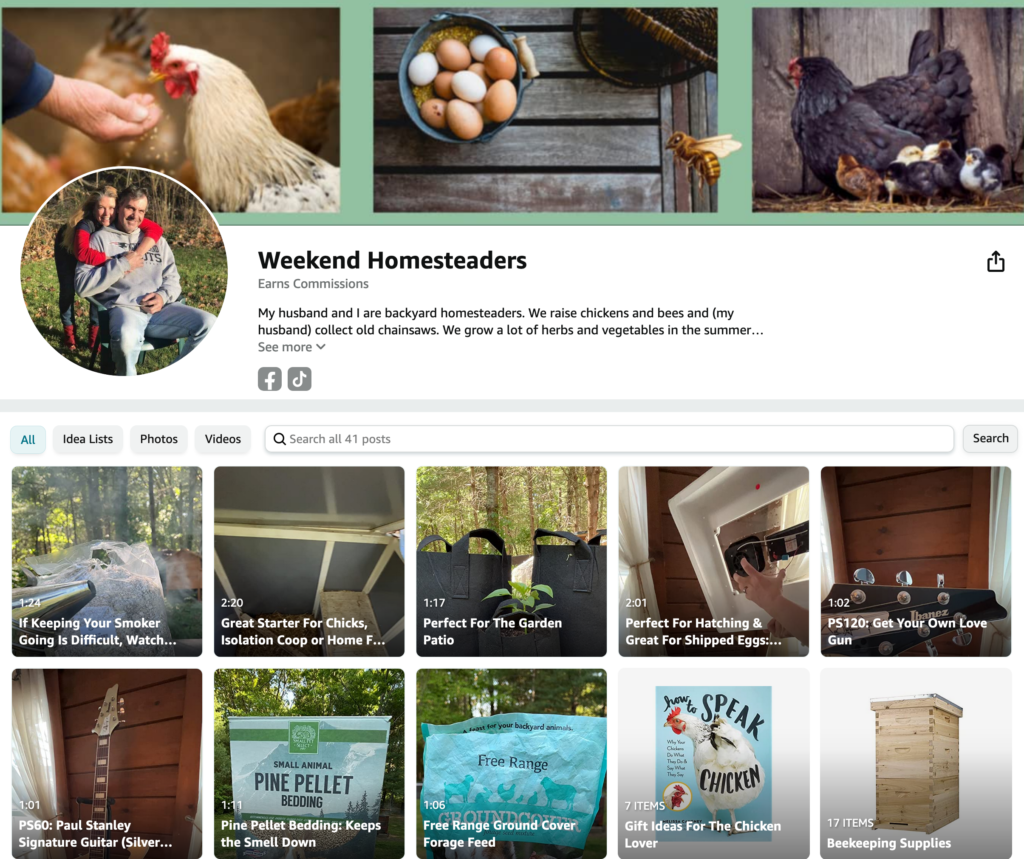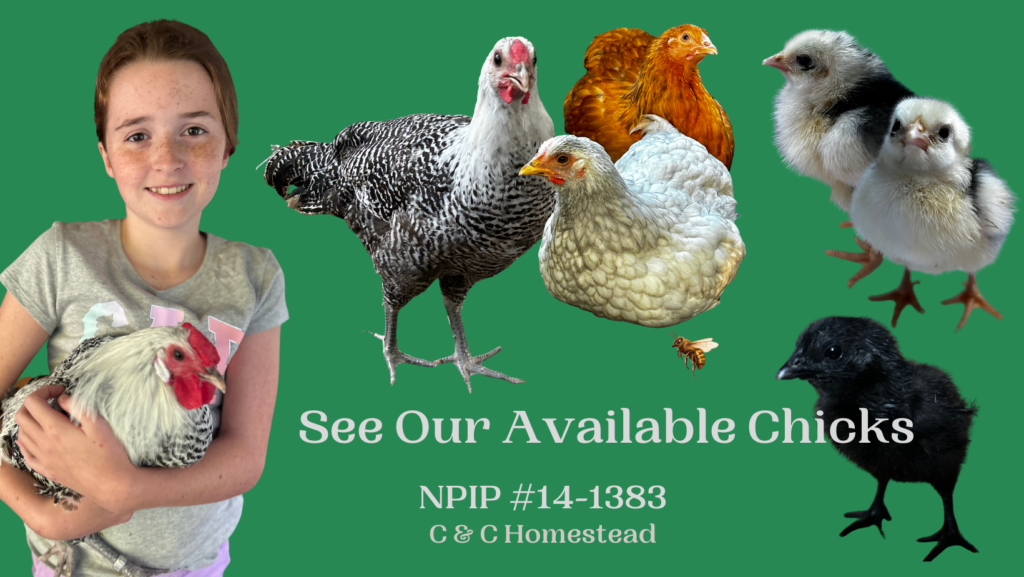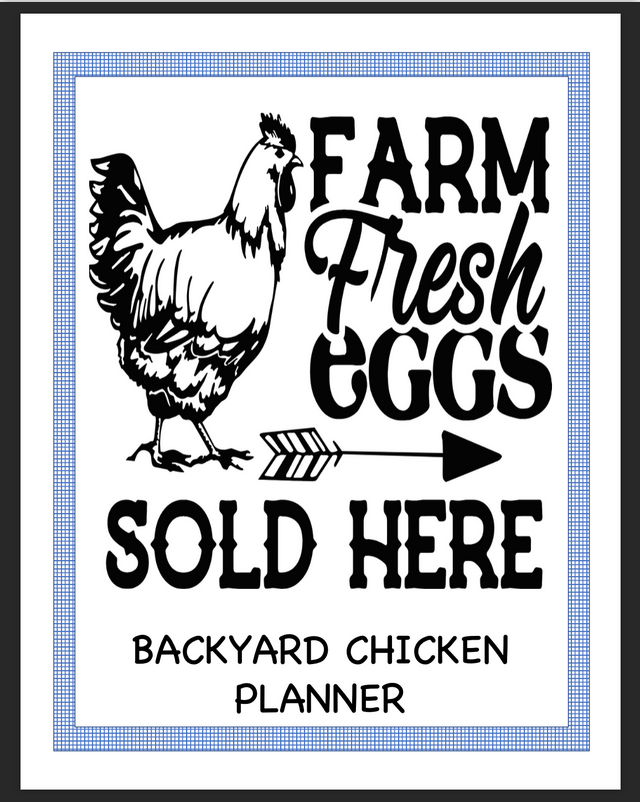Balancing Corporate & Homesteading Lifestyles
What does your dog’s behavior say about you?

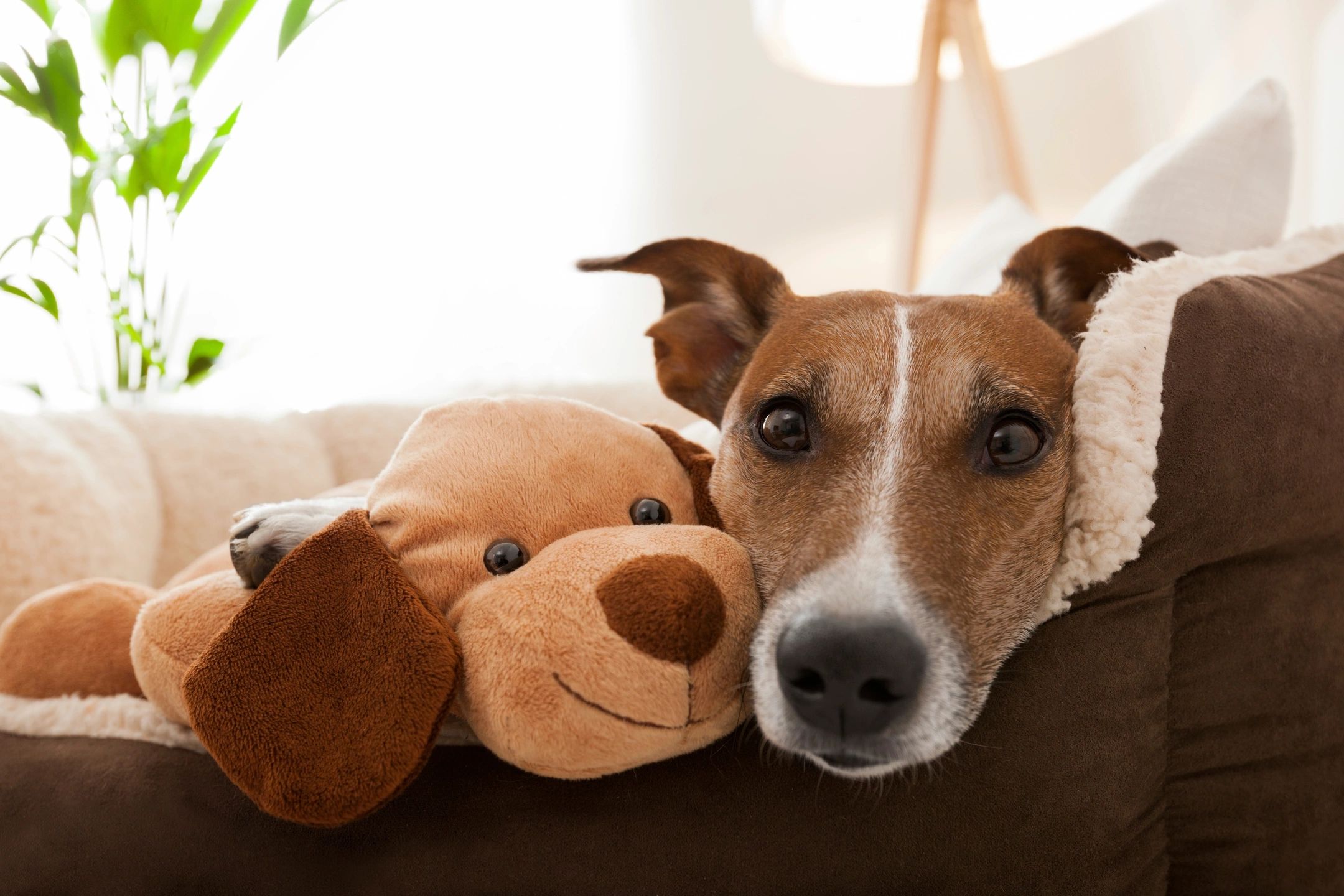
Although dogs learn through training, they also learn through their incredible powers of observation. Your daily routine and responses to situations, influences your dog's behavior.
Dogs learn by association. If an action has a positive outcome, they repeat it; if it has a negative outcome, they avoid it. It's great when you are training for a desired behavior but are you inadvertently training undesired behaviors simply by your responses?
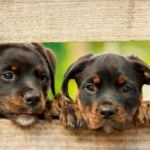


We are creatures of habit, and our dogs know us better than we realize. They know our daily routines and habits, and how we interact with them will define much of their behaviors.
He knows whether it's time for work or play by the clothes you wear. The lid coming off the treat jar means a "cookie" is coming. Your posture and eye contact are worth a thousand words to him.
In short, much of a dog's behavior is a reflection of its handling. Many times we give in to something that seems like an little request, not realizing the long-term results. Begging is a big one. Once your dog learns that you will share your tasty treats while eating, you'll never eat alone again. If you're anxious when you take your dog to the vet, he will pick up on your anxiety and instinctively think he needs to worry as well.
Since dogs learn by association, there are just three possible results to any of your dog's behaviors:
- Things get better (reward);
- Things get worse (punishment);
- Nothing changes(neutral).
What are your responses teaching your dog?



Have a cat? Your actions and responses are training her as well ... or has she trained you, like mine has?
My cat has "trained" me very well. She sits at the door and cries to go out. I hear her cry and I let her out. Funny thing though, I don't let her out if it's dark. I'm not sure if she distinguishes "dark" or just knows my night-time routine, but she stopped crying to go out at night after a few days.
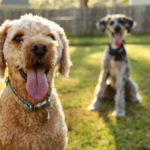
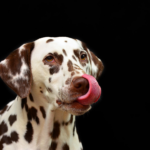
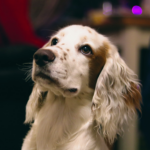
Dogs also learn from other dogs and can pick up wanted and unwanted behaviors from each other.
I adopted Nova in 2014 and she was the perfect apartment dog. She almost never barked and didn't think twice about people walking by, always happy to just sit quietly and observe. In September 2018, we welcomed little "big" brother Finn into the family and everything changed. Finn, true to his Catahoula breed is "protective" of his property and will bark if someone comes on the property or people walk by. Guess who now is more alert and protective to anyone coming near the property? You guessed it, Nova. She is actually much more in tune to anyone passing by then Finn and alerts him so they both can stand guard until the "intruders" have gone out of view.
Sometimes training from observation of other dogs is all a dog needs:
There are more complex tasks that dogs seem to learn by observation as well. Some are of sufficient complexity that it would be difficult to design a program to train dogs to do effectively. An example of this is the work of Saint Bernard rescue dogs. The breed was named for the Hospice founded by Saint Bernard. It was located in the Swiss Alps on one of the principal roads that connect Switzerland to Italy. The hospice provided winter travellers with a refuge from wind, cold, blizzards, and avalanches. The dogs assisted the monks in their searches for travellers who had strayed off of the main road. The monks seldom left the hospice without dogs, because the mountain fogs can come on suddenly and with no warning, making it impossible to see even one foot ahead. Without the dogs the monks would never find their way back to the hospice. Together the monks and dogs have saved thousands of travelers. These rescue dogs work in three dog teams. When a lost traveler is found, two of the dogs lie down beside him to keep him warm, while the third returns to sound the alarm and bring back help. These dogs are never given any special training, and no one is exactly sure how one would go about training a dog to do this task in any event. Young dogs are simply allowed to run with the older experienced dogs when they go on patrol. In this way the dogs learn what is expected of them. Ultimately, each dog learns his job, and also decides for himself whether his professional specialty will eventually be to lie with the victim or go for help. (Source)
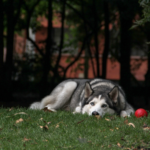
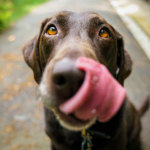

So remember, the next time your dog acts in a certain way, your response will either reinforce the behavior to continue or stop. Don't give in to every dog behavior just because its quick and easy unless you're ready to deal with a lifetime of that behavior or putting in the extra time to correct what could have been prevented.
